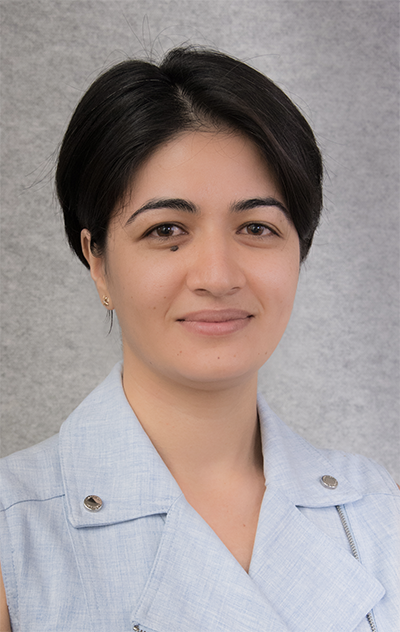

Event Date: November 3, 2022 16:15
Causal and counterfactual views of missing data models

Abstract - It is often said that the fundamental problem of causal inference is a missing data problem -- the comparison of responses to two hypothetical treatment assignments is made difficult because for every experimental unit only one potential response is observed. In this talk, we consider the implications of the converse view: that missing data problems are a form of causal inference. We make explicit how the missing data problem of recovering the complete data law from the observed data law can be viewed as identification of a joint distribution over counterfactual variables corresponding to values had we (possibly contrary to fact) been able to observe them. Drawing analogies with causal inference, we show how identification assumptions in missing data can be encoded in terms of graphical models defined over counterfactual and observed variables. We note interesting similarities and differences between missing data and causal inference theories. The validity of identification and estimation results using such techniques rely on the assumptions encoded by the graph holding true. Thus, we also provide new insights on the testable implications of a few common classes of missing data models, and design goodness-of-fit tests around them.
Short bio - Razieh Nabi is a Rollins Assistant Professor in the Department of Biostatistics and Bioinformatics at Emory Rollins School of Public Health. Her research is situated at the intersection of machine learning and statistics, focusing on causal inference and its applications in healthcare and social justice. More broadly, her work spans problems in causal inference, mediation analysis, algorithmic fairness, semiparametric inference, graphical models, and missing data. She has received her PhD (2021) in Computer Science from Johns Hopkins University.
Relevant papers:
